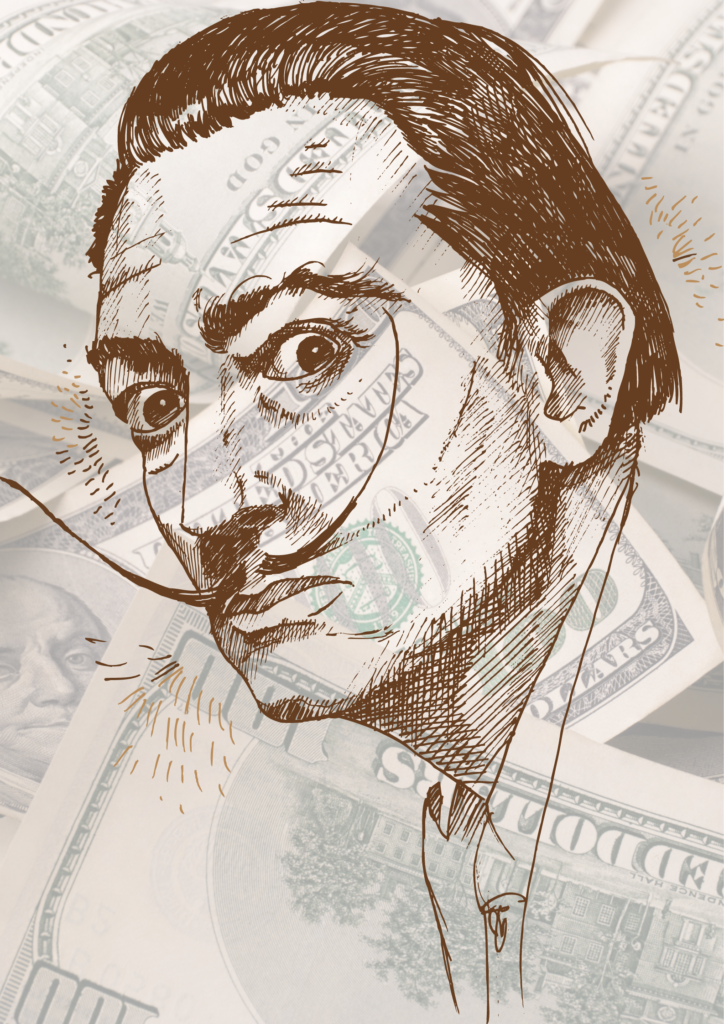Beyond the Salvador Dalí Masks: Unveiling the Socioeconomic Commentary in Money Heist

Money Heist’s thrilling narrative transcends the realm of entertainment, weaving a subtle yet powerful commentary on the social and economic inequalities that plague modern society. Sure, the red jumpsuits, captivating characters, and meticulously planned heists grab our attention, but beneath the surface lies a deeper examination of the financial system’s vulnerabilities and the human consequences of a world defined by stark wealth disparity.
The Professor’s Gambit: A Calculated Robin Hood Act
The Professor, the mastermind behind the heists, is more than just a criminal mastermind. He’s a strategic operator playing a high-stakes financial game. Every meticulous detail of his plan highlights the calculated risks inherent in any economic venture. He understands the potential consequences of failure – capture and imprisonment – but his unwavering belief in the inherent unfairness of the system fuels his determination. The Professor’s quest for financial freedom for his crew, a group of individuals ostracized by the existing economic order, resonates with viewers facing similar struggles. Just like the Professor meticulously weighs risks and rewards during his heists, individuals in the real world grapple with similar calculations when making financial decisions, whether it’s starting a business or navigating the stock market.
Exploiting the Chinks in the Armor: Power, Leverage, and Public Perception
The Professor’s brilliance lies not just in his meticulous planning but also in his ability to exploit the inherent weaknesses within the financial system. His choice of targets – the Royal Mint and the Bank of Spain – are symbolic. These institutions represent the very core of the economic structure, bastions of power and control. The Professor’s strategy exposes their vulnerability to manipulation, highlighting the immense concentration of power within these institutions. He masterfully leverages public perception to his advantage. By portraying himself as a rebel fighting a rigged system, he taps into a deep public disillusionment with the status quo. This resonates with viewers who feel powerless against a system that seems stacked against them. The Professor’s actions become a catalyst for conversations about wealth disparity and the lack of opportunity for many within the existing economic framework.
A Corrosive Disparity: Desperation Breeds Desperation
Money Heist doesn’t shy away from portraying the dark underbelly of economic inequality. Each member of the Professor’s crew is driven by a yearning for financial security, a yearning born from years of hardship and a desire to escape a life devoid of opportunity. Characters like Denver and Rio are motivated by a basic need to provide for their families, while Tokyo seeks liberation from the shackles of poverty. The Professor himself is fueled by a desire for justice, seeking to avenge his father’s death, which he attributes to the unfairness of the system. Their stories mirror the real-world consequences of a society with a vast wealth gap, where desperation and a sense of powerlessness can lead individuals down a dangerous path. Money Heist compels us to confront the human cost of economic inequality, a cost that manifests in social unrest, crime, and a sense of hopelessness.
Beyond the Heist: A Catalyst for Change
Money Heist’s underlying message extends far beyond the thrill of the heist itself. It challenges viewers to critically examine the fairness of the economic system and the vast wealth disparity that exists. The series doesn’t offer simplistic solutions, but rather serves as a springboard for a much-needed conversation. It compels us to envision a more inclusive financial system, one that provides everyone with a fair shot at achieving financial security. By mitigating the desperation that fuels risky ventures like the Professor’s heists, we can build a more equitable and sustainable future for all.
In conclusion, Money Heist, through its captivating narrative, offers a unique lens through which to examine real-life economic issues. From the Professor’s calculated risks to the desperation fueled by inequality, the series sheds light on the complexities of the financial system and the human stories that lie beneath the surface of economic statistics. By prompting viewers to question the status quo, Money Heist compels us to consider how we can build a world where economic opportunity is not a privilege for the few, but a right for the many.










